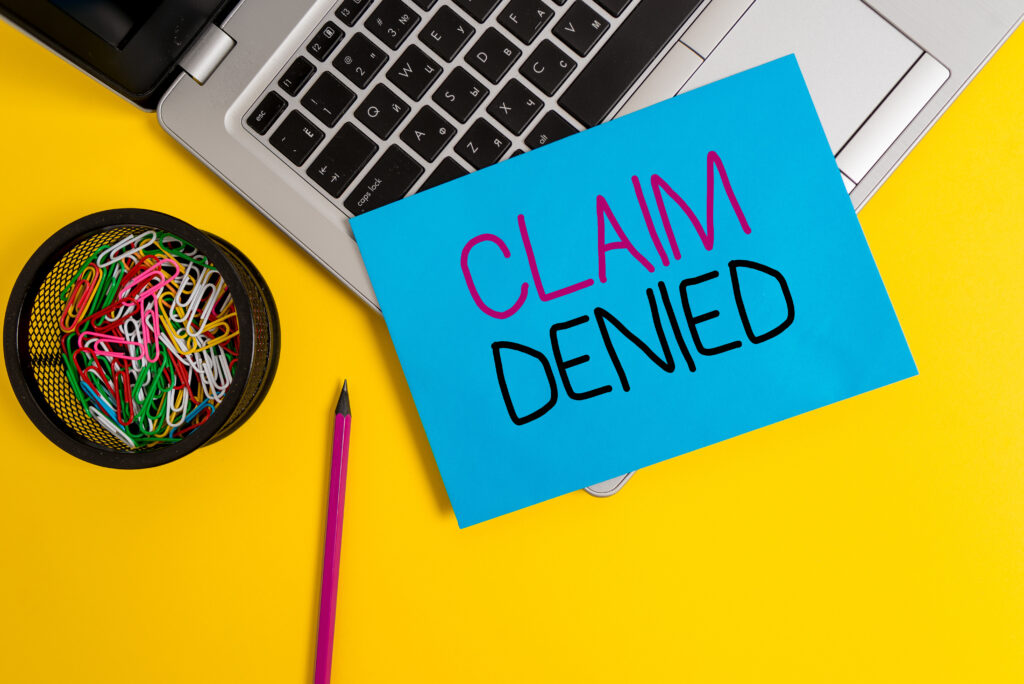We understand just how complex and time-consuming the application for Social Security Disability Insurance (SSDI) benefits can get. This is why you may be frustrated and/or confused upon hearing the news that your claim was denied. Continue reading to learn under what circumstances your SSDI claim may get denied and how an experienced New Jersey SSDI appeals lawyer at The Law Offices of Sheryl Gandel Mazur can assist you in filing an appeal.
Under what circumstances may my SSDI claim get denied?
The Social Security Administration (SSA) is known for denying SSDI claims for a variety of reasons. Most commonly, they may believe that an individual’s yearly income is too high or that an individual’s medical condition is not severe enough to have them qualify for such benefits. Other reasons are as follows:
- An individual does not respond to the SSA’s requests: that is, sometimes the SSA will contact individuals via letters or phone calls to request additional information be added to the application. Individuals are expected to respond to such requests promptly.
- An individual does not provide enough information to the SSA: that is, sometimes the SSA will deny an individual’s claim if they cannot produce sufficient information from their medical records, application details, or otherwise.
- An individual does not attend exams: that is, sometimes the SSA will ask that an individual attends a consultative examination so that a medical professional can determine your medical conditions. Individuals are expected to attend this exam promptly.
- An individual does not work promptly: that is, sometimes the SSA will deny if they do not meet the time constraints for applying for benefits and other deadlines.
What should I do if my SSDI claim gets denied?
If you believe that you are eligible for SSDI benefits but your initial application gets denied, then you may file an appeal. More specifically, you should take the following steps:
- Find out why your initial claim was denied: your denial letter from the SSA should contain information that will help you understand what evidence you may need to provide for your appeal.
- Continue to document your disability: continue to keep records of your doctor’s visits, diagnoses, prescriptions, and otherwise, that can be used as further evidence for your appeal.
- File your appeal: you will only have 60 days after your initial claim denial to request an appeal.
With all that being said, suffering from a medical condition that disrupts your ability to work is difficult enough. But being denied your initial SSDI benefits claim can make this all the more difficult. So, to receive the benefits that you deserve, you must acquire the services of a skilled New Jersey SSDI appeals lawyer as soon as you can.


